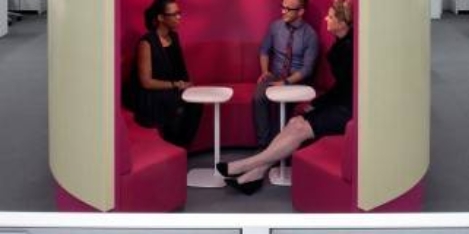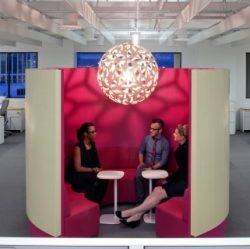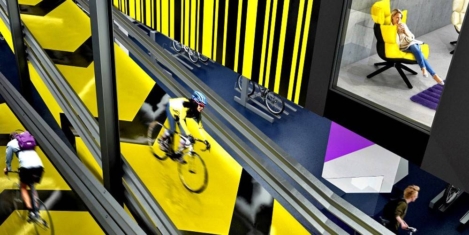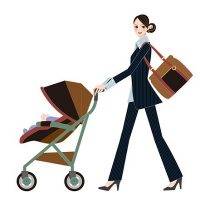October 14, 2016
Digital tech, leadership and company values aid staff performance 0
Accessible leaders and strong company values are important factors that can ultimately reflect an employee’s success or failure within the company. However,so too is equipping employees with the latest technology, and it’s an area where many organisations are falling down. A study by Oracle awarded low marks when it came to companies capitalising on technology to help them connect with employees in more ways than ever to create a more modern and customised learning experience. Just 44 percent of respondents said that their employer uses the latest digital technology to enable them to effectively perform in their role. Feedback from nearly 5,000 full-time employees at organisations with 250 or more employees also revealed that only 38 percent say that their company is concerned about their overall well-being, despite the fact that employees are most comfortable and productive within a creative, yet flexible workplace culture. (more…)



































September 27, 2016
Businesses failing to look at workplace effectiveness in the right way 0
by Tim Oldman • Comment, Facilities management, Property, Workplace design
(more…)